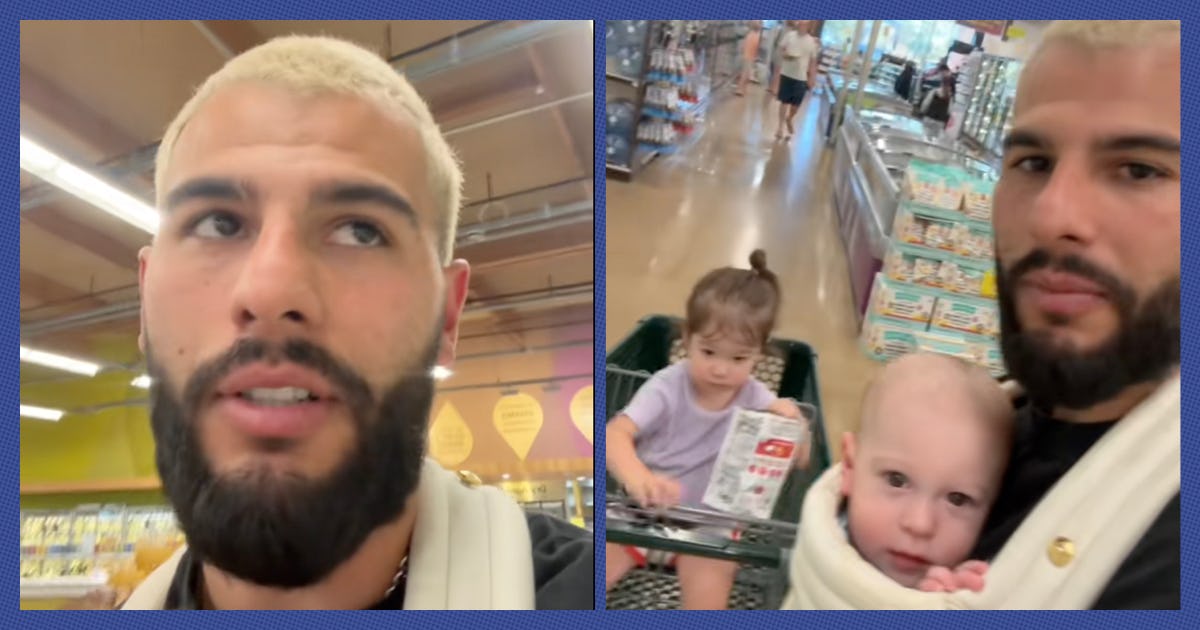
In the landscape of modern parenting, a distinct pattern emerges between the experiences of mothers and fathers following the birth of a child. Traditionally, mothers often receive a significant amount of maternity leave—averaging around eight weeks—while fathers are typically allocated only a fraction of that time, with paternity leave averaging merely two weeks in many cases. This discrepancy leads to a divergent experience in the early stages of parenthood, as mothers tend to take on the bulk of childcare responsibilities during this period.
As the primary caregivers, mothers invest substantial time in learning how to soothe their infants and manage daily baby care, while fathers often return from work to assist, yet without the same level of familiarity or experience. This can create a dynamic where mothers may inadvertently assume control during stressful situations, leading to what is commonly known as the “primary caregiver syndrome.” Over time, this pattern can contribute to challenges in the father-child relationship and a sense of unfulfillment in the father’s parenting role.
In a recent video, TikTok creator and father figure Ricky Bee shared a valuable insight on how fathers can enhance their parenting skills. He emphasized the importance of engaging in solo parenting experiences, underscoring that “Absolutely nothing will build you more as a father than just being solo.” According to Bee, tasks such as grocery shopping with multiple children are not only practical challenges but also opportunities for growth. He acknowledged that while these experiences might take longer and present difficulties, they are crucial in developing character and competence as a parent.
Moreover, Bee highlighted that taking on parental duties independently fosters a greater appreciation for mothers and the everyday challenges they navigate. He stated, “All glory to my girl: she’s doing this all the time.” This acknowledgment reinforces the notion that while fathers may struggle initially, they should not shy away from the complexity of childcare responsibilities.
Commentary on social media further reflects this perspective, with many users reinforcing the idea that parenting requires active engagement and hands-on experience. One commenter noted, “Women aren’t inherently better parents…a lot of men never take the chance to figure it out at all.” This sentiment echoes the overall theme of the discussion: that proactive involvement in parenting is key to developing effective parenting skills.
Encouragement from both partners in a parenting duo is crucial, as seen in anecdotes from users who expressed appreciation for fathers who take initiative in caring for their children. One mother shared her relief and joy at her husband taking time to bond with their child during parental leave, indicating that such experiences can significantly benefit the entire family unit.
Ultimately, navigating solo parenting can be a formidable adjustment for all involved, but it remains a fundamental strategy for fathers looking to enhance their skills and strengthen family bonds. Embracing these challenges not only cultivates personal growth but also supports healthier and more engaged parenting dynamics, enriching the family experience as a whole.


